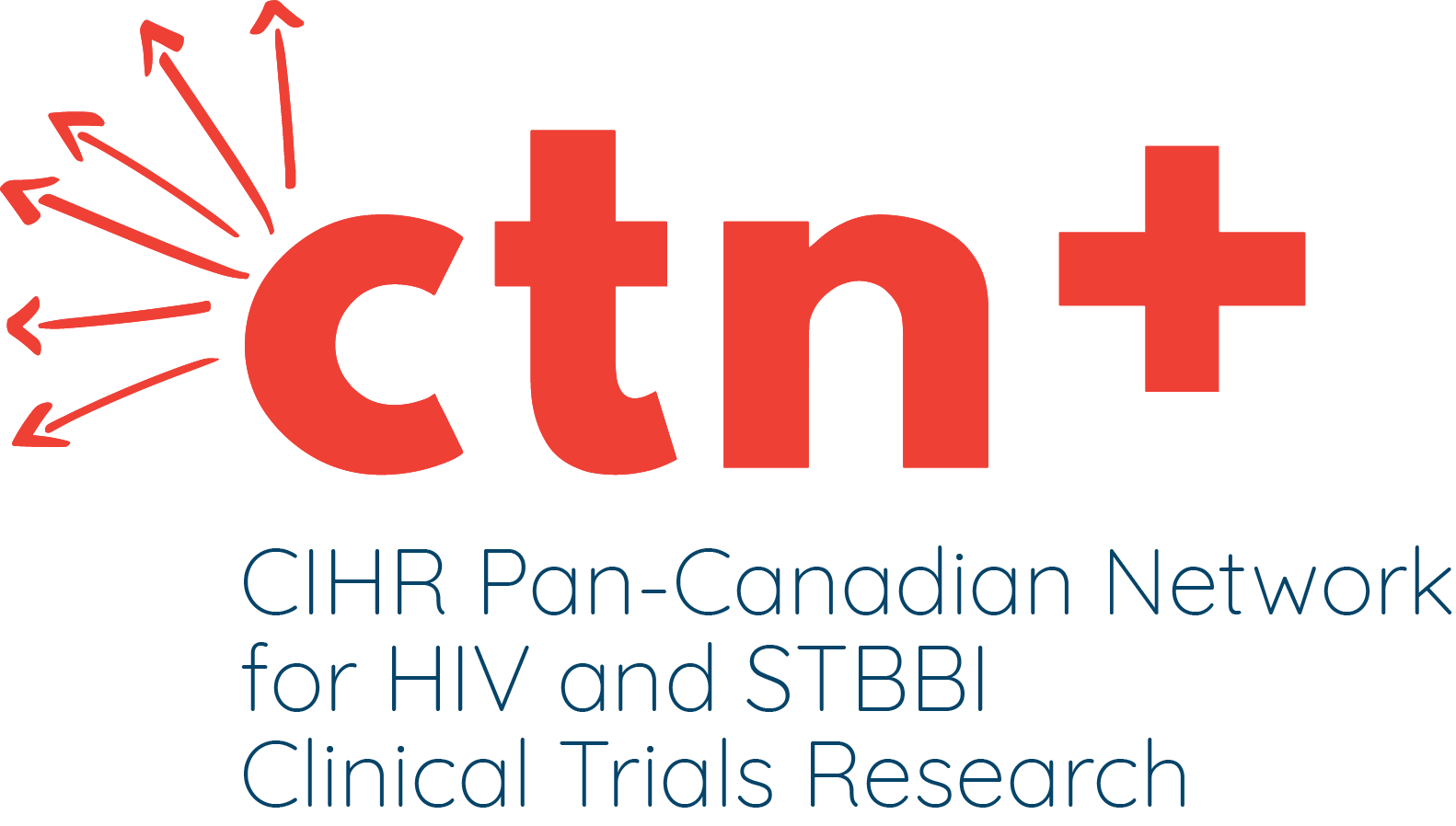About The Study
The purpose of this study is to evaluate the safety and efficacy of lopinavir/ritonavir (Kaletra) monotherapy in people with HIV and hepatitis C virus (HCV) infection. This study will involve people who are currently on a successful antiretroviral therapy regimen including two nucleoside reverse transcriptase inhibitors (NRTIs) and a non-nucleoside reverse transcriptase inhibitor (NNRTI) or a protease inhibitor (PI) boosted or not with ritonavir.
This is a one-year open label study (where both the investigator and participant know who is receiving the experimental drug). Participants will be receiving 200 mg lopinavir and 50 mg ritonavir twice a day. Researchers will be investigating and comparing the pharmacokinetics (how it is processed in the body) of Kaletra in people with advanced liver fibrosis (scarring) and those with minimal liver disease.
This is a Canadian study looking to recruit 40 participants.
About The Disease
Hepatitis C is a liver disease caused by the hepatitis C Virus (HCV). Infection with HCV is common among people infected with HIV due to similar routes of transmission. HCV is spread mostly through contact with the blood or blood products of an infected person. It is estimated that at least 75 per cent of people exposed to HCV become chronically infected, indicating that their bodies are unable to control the virus. Chronic infection can lead to serious liver damage. The damage leads to scarring (fibrosis), and the constant presence of virus in the liver may lead to cirrhosis (scarring throughout the liver), and possibly liver cancer. It may take years, even decades, for this to happen. Research suggests, however, that people with HIV/HCV co-infection progress more rapidly to fibrosis and cirrhosis.
Study Approach
Kaletra has been approved for the treatment of HIV in Canada and belongs to the protease inhibitor (PI) class of anti-HIV drugs. This study will determine whether taking Kaletra alone without any other anti-HIV drugs (monotherapy) is a viable treatment option that will not have any negative impact on the virologic control of HIV infection. Kaletra monotherapy is experimental and participants will be required to switch from a successful conventional triple therapy to an unproven experimental therapy.
Eligibility Requirements
Required
- Be 18 years of age or over
- Have convincing evidence of no to little alcohol consumption (i.e. less than 20 grams of ethanol per day) obtained from a detailed history, confirmed by at least one close relative
- Have 1.5 times elevated liver enzymes
- Presence of fatty liver on ultrasound
- If hyperlipidemic (excess fat or lipids in the blood) or diabetic, have a stable drug regimen for the 6 months prior to and during the study
- For the nutritional intervention only, you need to have a baseline liver biopsy with large vesicles of fatty degeneration with inflammation, liver cell damage, and/or NAFLD
- Have a willingness to maintain stable weight and normal exercise program for the duration of the study, if randomized to vitamin E or betaine
Not Allowed
- Have other kinds of liver disease such as certain types of hepatitis, biliary cirrhosis (inflammation/obstruction of the bile ducts), Wilson’s disease (accumulation of copper), and other genetic liver disease
- Have complications of liver disease
- Have a concurrent medical illness where a liver biopsy would be ill advised; history of unexplained bleeding, hemophilia, abnormal coagulation results or any other reason deemed by the hepatologist (liver specialist) against a liver biopsy
- Be on medications known to bring on steatohepatitis (fat in the liver) in the 6 months prior to entry
- Be on antioxidant vitamin supplementation, ursodeoxycholic acid (used to treat gallstones), or any other experimental drug 6 months prior to study entry
- Be pregnant or lactating
Principal Investigator
.
Participating Sites


